NSW K – 10 Science Syllabus mapping for all our incursions
NSW Science Syllabus Content A student:
ST2-1WS-S
questions, plans and conducts scientific investigations, collects and summarises data and communicates using scientific representations
ST2-2DP-T
selects and uses materials, tools and equipment to develop solutions for a need or opportunity
ST3-1WS-S
plans and conducts scientific investigations to answer testable questions, and collects and summarises data to communicate conclusions
ST3-2DP-T
plans and uses materials, tools and equipment to develop solutions for a need or opportunity
Science and Technology K–6 Syllabus
(Implementation from 2027)
For explanatory points & implementation advice for each dot point, please visit the NESA Science and Technology K–6 Curriculum site
ST2-PQU-01
poses questions to create fair tests that investigate the effects of energy on living things and physical systems
ST2-DAT-01
uses and interprets data to describe patterns and relationships
ST3-PQU-01
poses questions to identify variables and conducts fair tests to gather data
ST3-DAT-01
interprets data to support explanations and arguments
NSW K – 10 Science Syllabus mapping for all our incursions
Print a PDF which details K to 6 mapping of all our science visits
Victorian F – 10 Science Curriculum
Scientific understandings, discoveries and inventions are used to inform personal and community decisions and to solve problems that directly affect people’s lives (VCSSU073)
With guidance, identify questions in familiar contexts that can be investigated scientifically and predict what might happen based on prior knowledge (VCSIS065)
Suggest ways to plan and conduct investigations to find answers to questions including consideration of the elements of fair tests (VCSIS066)
Safely use appropriate materials, tools, equipment and technologies (VCSIS067)
Use a range of methods including tables and column graphs to represent data and to identify patterns and trends (VCSIS069)
Compare results with predictions, suggesting possible reasons for findings (VCSIS070)
Reflect on an investigation, including whether a test was fair or not (VCSIS071)
Represent and communicate observations, ideas and findings to show patterns and relationships using formal and informal scientific language (VCSIS072)
With guidance, plan appropriate investigation types to answer questions or solve problems and use equipment, technologies and materials safely, identifying potential risks (VCSIS083)
Compare data with predictions and use as evidence in developing explanations (VCSIS086)
Suggest improvements to the methods used to investigate a question or solve a problem (VCSIS087)
Communicate ideas and processes using evidence to develop explanations of events and phenomena and to identify simple cause-and-effect relationships (VCSIS088)
Print a PDF which details P to 6 mapping of all our VIC science visits
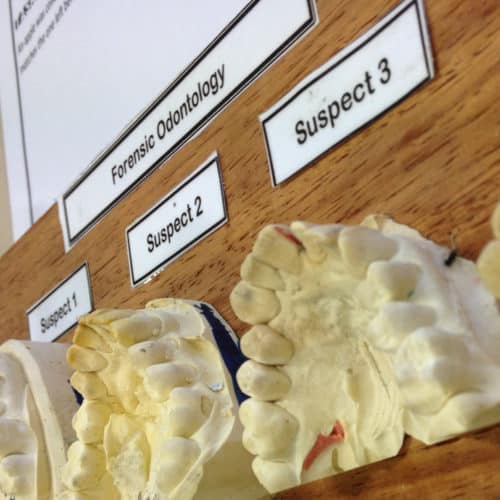
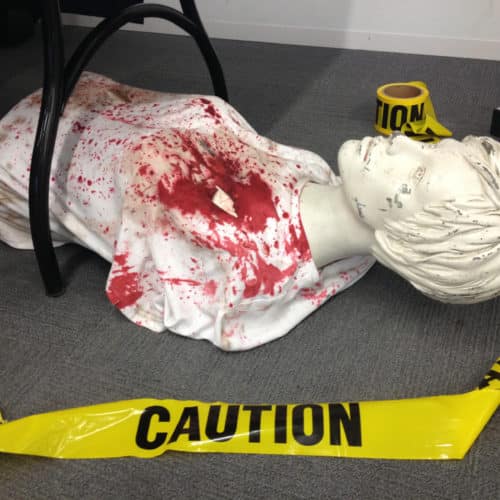
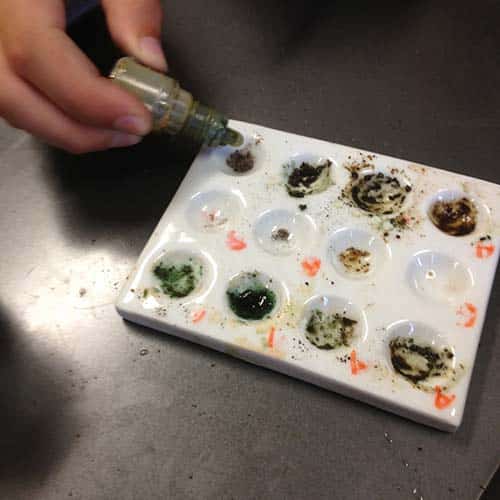
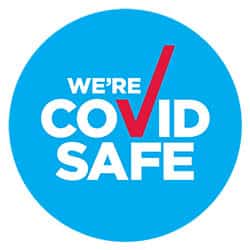
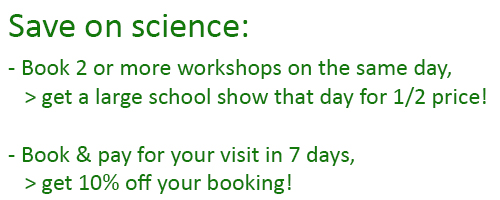













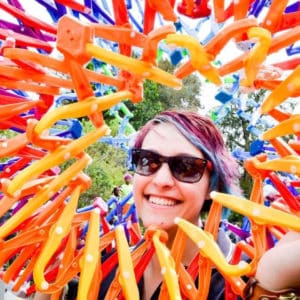
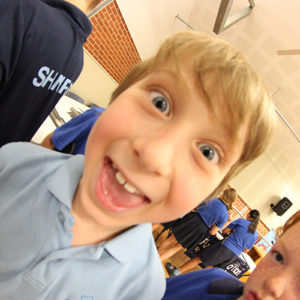
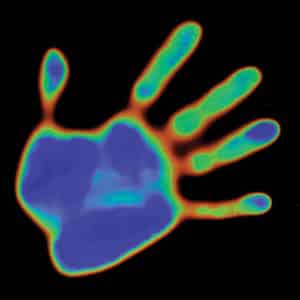




I just wanted to pass on how much the staff and students really enjoyed it and how perfect it was to launch our science week activities. The students were enthralled, educated and entertained – a perfect trifecta!
-Caulfield Grammar School – Big Science Big FunThanks so much for presenting at our school on Monday. Our students enjoyed the show.
-Greenvale Primary School – Big Science Big FunFizzics Education curated a thoughtful and hands-on experience for the children, incorporating practical, skill-based learning activities and followed by a science presentation at the end of the event involving liquid nitrogen. This was delivered safely and effectively, capturing both the children and the parents for the duration of the presentation.
-Macquarie Bank – Family Fun DayFizzics Education ran a show today at our school and it was wonderful. He was a great facilitator and the show was age appropriate and well done.
-Mount Zion Early learning centre – Little Science Big FunI just wanted to pass on how much the staff and students really enjoyed it and how perfect it was to launch our science week activities. The students were enthralled, educated and entertained – a perfect trifecta!
-Caulfield Grammar School – Big Science Big FunThanks so much for presenting at our school on Monday. Our students enjoyed the show.
-Greenvale Primary School – Big Science Big FunFizzics Education curated a thoughtful and hands-on experience for the children, incorporating practical, skill-based learning activities and followed by a science presentation at the end of the event involving liquid nitrogen. This was delivered safely and effectively, capturing both the children and the parents for the duration of the presentation.
-Macquarie Bank – Family Fun DayFizzics Education ran a show today at our school and it was wonderful. He was a great facilitator and the show was age appropriate and well done.
-Mount Zion Early learning centre – Little Science Big Fun